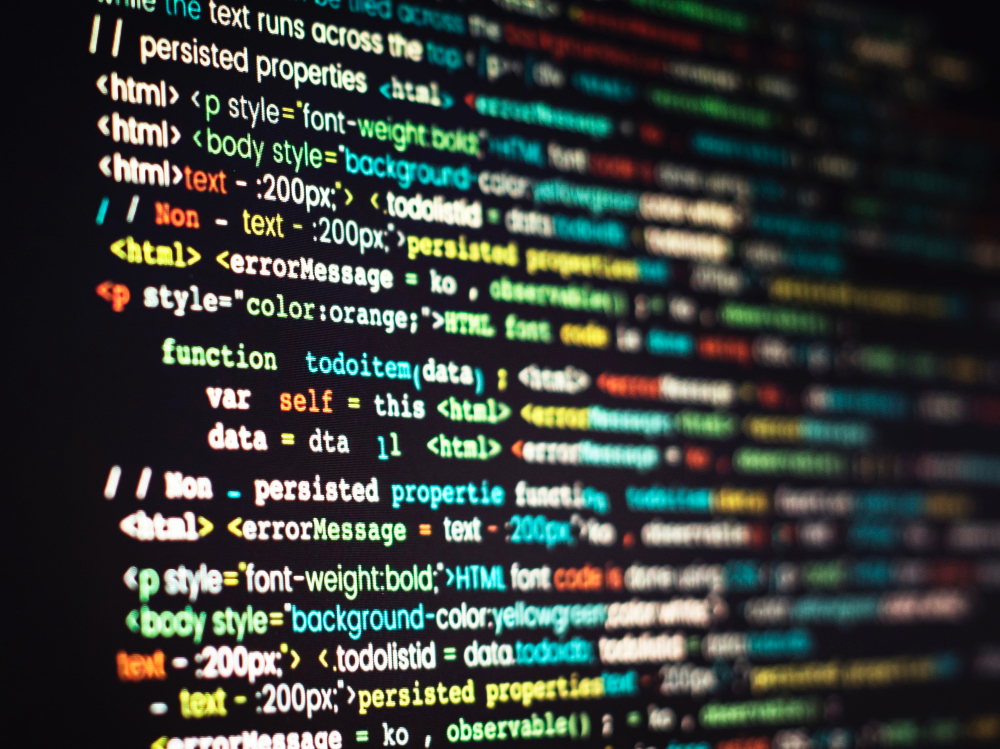A Think by ING analysis finds that Romania’s recent macroeconomic slowdown reflects more profound structural change than cyclical weakness.
After years of robust consumption-led expansion, fiscal tightening and weak domestic demand have curbed growth, while firms increasingly invest in automation and AI to boost productivity rather than expand headcount.
Industrial employment has declined; for example, manufacturing jobs fell by around 25,000 in late 2025, and labour market hiring has shifted toward defensive, replacement-only patterns.
Firms are integrating robotics, automated assembly lines and intelligent logistics systems, and service-sector work is also being reshaped by AI tools, even where formal adoption is still emerging.
A recent survey suggests that 68% of people in Romania have used AI tools, and 44% rely on them for work tasks such as administrative support and analysis, signalling rising informal use ahead of widespread enterprise deployment.
While automation and AI can raise productivity and output without proportional employment growth, they also tilt the labour market: high-skill specialised roles (e.g. AI, engineering, advanced management) are expected to remain resilient or grow, while routine roles, including some entry-level tech positions, call-centre jobs and administrative tasks, face stagnation or decline.
However, this can create a ‘barbell’ labour market with growth chiefly at the high and low ends, and limited opportunities in mid-skill roles.
Real wage erosion, tight hiring and demographic trends (including a shrinking workforce) add to short-term challenges. In the near term, employment may remain subdued even as economic output recovers modestly by 2027.
Over the longer term, the economy’s shift toward capital-intensive, productivity-driven growth could support stronger output without generating broad employment, underscoring the need for education, reskilling and policy strategies that help workers adapt to AI-driven labour demand.
Would you like to learn more about AI, tech and digital diplomacy? If so, ask our Diplo chatbot!










